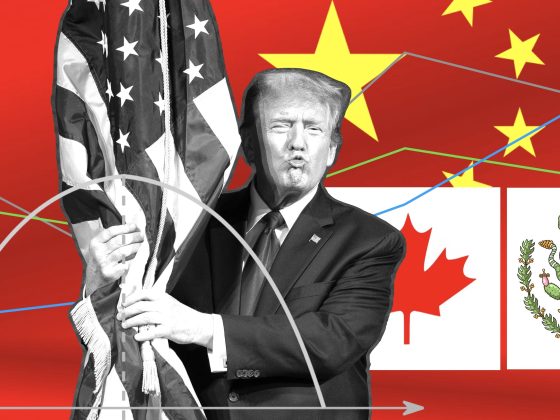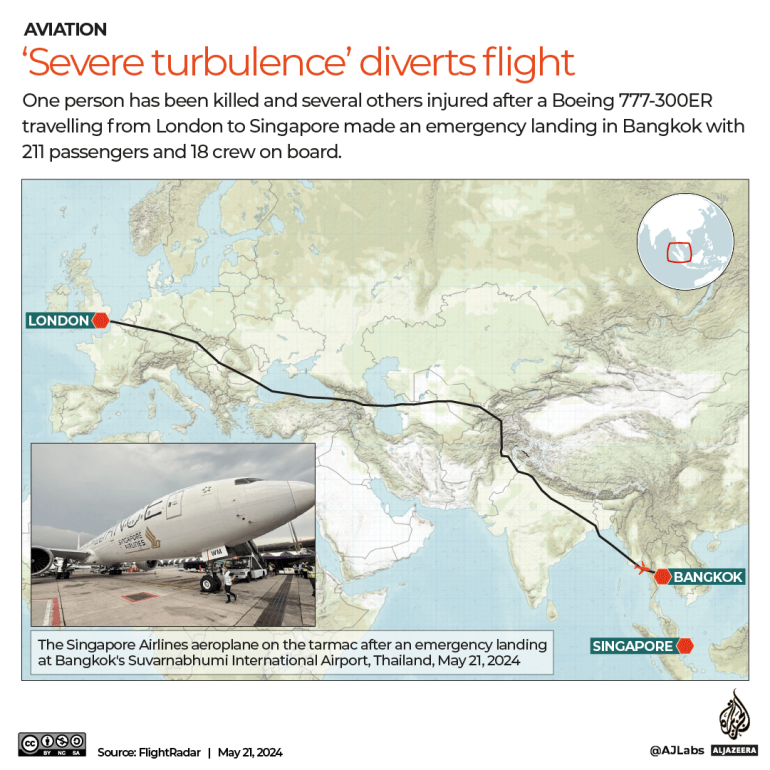Launched on 16 February 2020 by Minister for the Environment and Water Resources, Mr. Masagos Zulkifli, the SG Clean campaign seeks to rally stakeholders and members of the public to do their part, by adopting good personal habits and social responsibility, to raise standards of cleanliness and public hygiene in Singapore and safeguard public health. It is envisioned that the SG Clean campaign will instil a national “keep clean culture”, where keeping Singapore clean is an integral part of our lives.
Updates on the SG Clean Campaign
With more reported cases of the COVID-19 (Coronavirus Disease 2019) all over the world, Singapore’s containment strategy including border controls measures may increasingly become less effective. Instead, taking individual and social responsibility to maintain high cleanliness and public hygiene standards will be Singapore’s first line of defence to reduce the spread of public health diseases, and ensure the health and wellbeing of our loved ones and our community.
To raise hygiene standards and transform cleanliness levels of public spaces, the SG Clean campaign has involved owners of premises adopting the SG Clean quality mark to reflect their commitment to, and ownership of, maintaining high standards of environmental public hygiene on their premises.
Responses towards the SG Clean quality mark have been overwhelming, with more than 5,000 premises certified SG Clean, less than one month into the campaign. Premises that have been certified so far include hawker centres, food stalls, coffeeshops, hotels, food and retail businesses in malls and schools, amongst others (see Annex for “Snapshot of SG Clean Quality Mark Roll-out” visual).
In support of the Whole-of-Government (WOG) effort, more public agencies such as the Civil Aviation Authority of Singapore, Land Transport Authority and Maritime and Port Authority of Singapore will be coming onboard to champion the adoption of the SG Clean quality mark amongst the stakeholders within their sectors.
All Schools under the Ministry of Education (MOE) to be Certified SG Clean
Amid the current COVID-19 situation, theMinistry of Education (MOE) had earlier raised sanitation and hygiene practices in schoolsto enhance the protection of the school community. These include intensifying its cleaning routines and environmental hygiene in schools.
Since 2017, it has been a routine for our students to clean their classrooms as part of our move to inculcate a sense of responsibility and care. To develop sustained habits of personal hygiene and help students practise social responsibility, MOE had also launched a Total Defence Day campaign on 14 February. Through the campaign, students are encouraged to see a doctor if unwell and to adopt good personal hygiene habits such as washing their hands regularly with soap, and keeping their premises clean by wiping down surfaces. These good habits will be maintained henceforth and are intended to transform their practices beyond school as well.
More than 95% of schools and Institutes of Higher Learning, as well as all premises under MOE have been certified SG Clean. These premises will be audited periodically toensure that they maintain ahigh standard of cleanliness and public hygiene. The remaining schools will be certified by the end of the month.
Concerted action needed from everyone to elevate the cleanliness and public hygiene standards and make them the new norms
Raising the standard of personal hygiene, public hygiene and social responsibility are important as they serve as critical components in our line of defence against the spread of the COVID-19 in Singapore. These practices and norms should continue even after the COVID-19 situation is resolved, as adopting them also helps to reduce the spread of other public health diseases, such as dengue. For instance, not littering and maintaining clean premises will help reduce breeding habitats for dengue transmitting Aedes aegypti mosquitoes, which are able to breed in bodies of stagnant water as small as a 20-cent coin.
Over the past three years, more than 3,000 mosquito breeding habitats were linked to containers and receptacles found at public areas. About 65 per cent of these receptacles – such as plastic containers and empty drink cans – had been discarded as litter by people. Mr. Masagos Zulkifli, Minister for the Environment and Water Resources, said, “SG Clean and our fight against dengue go hand in hand, as we keep our environment litter-free and remove stagnant water. When in public areas, we should always bin our litter to prevent it from collecting stagnant water. At home, it is equally important that we stay vigilant and do our part to remove stagnant water from potential mosquito breeding habitats by doing the Mozzie Wipeout. Dengue arises because vectors have been allowed to breed due to poor upkeep of properties, and 60% of mosquito breeding sites are still found in homes. Through collective action by all stakeholders, we can contribute towards safeguarding public health and making Singapore a cleaner and safer environment for our families and those around us.”
Members of the public may refer to www.sgclean.gov.sg for more information on the SG Clean campaign. They can also contact NEA electronically via the Online Feedback Form or myENV mobile application, to provide feedback on the hygiene conditions of premises with the SG Clean quality mark.










